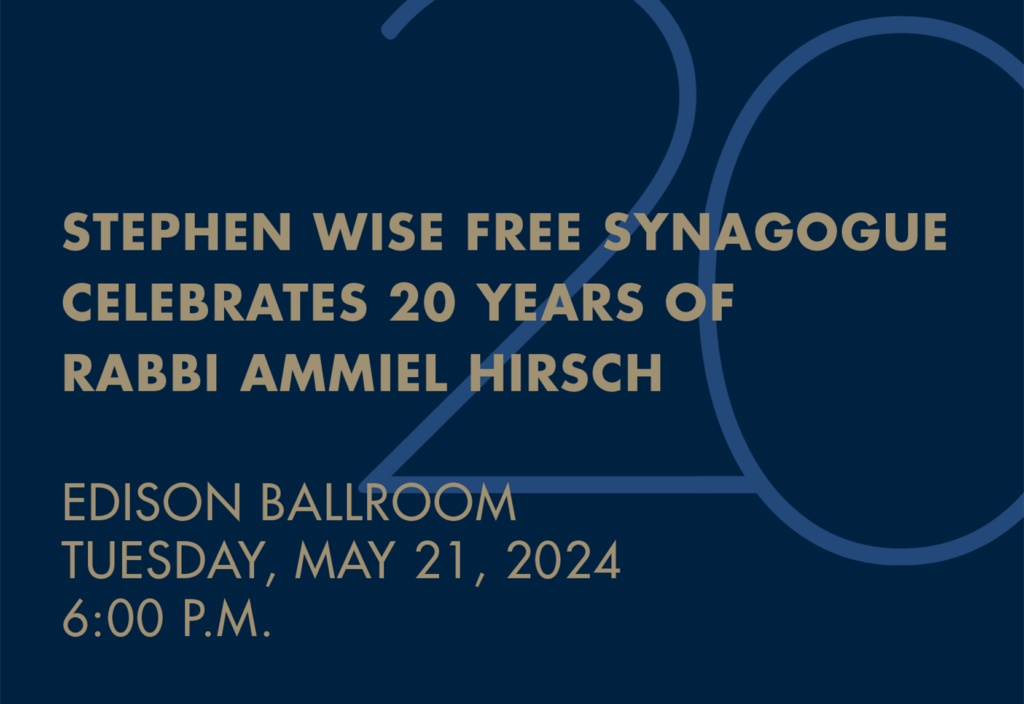“How will you tell your story of this time?” asks Rabbi Samantha Natov. “Recounting our stories is no small affair. Although its general trajectory may not change, the act of retelling allows us to reshape its meaning, uncover new understandings — and look forward to the next chapter with a sense of hope.”
“In the Kabbalistic telling, creation begins with a shattering that releases something sacred,” says Rabbi Shira Gluck. “Brokenness is at the very root of being. On this Shabbat Chazon — the Shabbat of vision — which punctuates a period of destruction and mourning, we can choose to see a crisis as a breaking point or as a breakthrough. All change brings some kind of loss, but loss and growth walk hand-in-hand.”
“Our homes have become our gyms, schools, offices, theaters, restaurants and more,” says Rabbi Samantha Natov. “Judaism teaches that now, at this moment of unprecedented chaos, is when we most need to get organized. When we put our thoughts in order, we gain a sense of composure. Ultimately, this work is spiritual as well.”
“Elijah found God in a quiet moment after destruction and chaos,” says Rabbi Samantha Natov. “Jewish history and Jewish beliefs compel us to not allow ourselves to become shrouded in despair. Rather, to persevere — to remain open, as our ancestors had — to walk through dark times holding up a torch of hope.”
“How do we offer blessing to a person whom we feel threatened by, or who challenges us to our core?” asks Rabbi Shira Gluck. Our tradition reminds us that all humans are created in the image of God and so we honor the humanity of every person. We must remind ourselves of this and make space for each other, since “no one is created with malice, or evil, or cruelty.”
“Attuning ourselves to the small miracles of everyday life may help us move forward,” says Rabbi Shira Gluck. “This can be a sprout of hope as we wander the wilderness of this time, as our ancestors wandered the wilderness of Sinai.”


